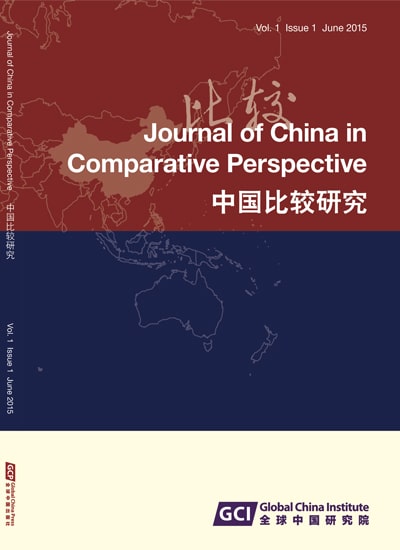Description
Abstract: This article elaborates on Fei’s contrast between Chinese and Western societies that lies at the core of his book, Xiangtu Zhongguo 《乡土 中国》. I further develop this contrast to show its relevance to sociological theories of Western and Chinese societies. This task is important not only for Western scholars, who can learn from Fei’s analysis, but also for Chinese scholars, who misinterpret Fei’s analysis of Chinese society because they concentrate only on the Chinese half of Fei’s comparison between Chinese and Western societies and thus fail to understand the theoretical depth of his work. This article conceptualizes Fei’s contrasts in order to correct Weber’s flawed analysis of Chinese society.
Keywords: Fei Xiaotong, Max Weber, domination, legitimacy, xiao 孝, chaxugeju 差序格局, tuantigeju 团体格局
Gary G. Hamilton 韩格理 is Henry M. Jackson Professor, Department of Sociology and The Jackson School of International Studies, University of Washington (Seattle), formerly Associate Director of the School. He is the author of Emergent Economies, Divergent Paths, Economic Organization and International Trade in South Korea and Taiwan (2006), Commerce and Capitalism in Chinese Societies (2006), and The Market Makers: How Retailers Are Changing the Global Economy (2011). He is also well known in China for introducing Fei Xiaotong’s book From the Soil – The Foundations of Chinese Society (1994) to the English-speaking world.
Cite this article
Gary G. Hamilton
What Western social scientists can learn from the writings of Fei Xiaotong
Journal of China in Comparative Perspective
Vol.1 Issue 1. 2015, p107-127
DOI: http://doi.org/10.24103/JCCP.2015.1.7
Crossref







